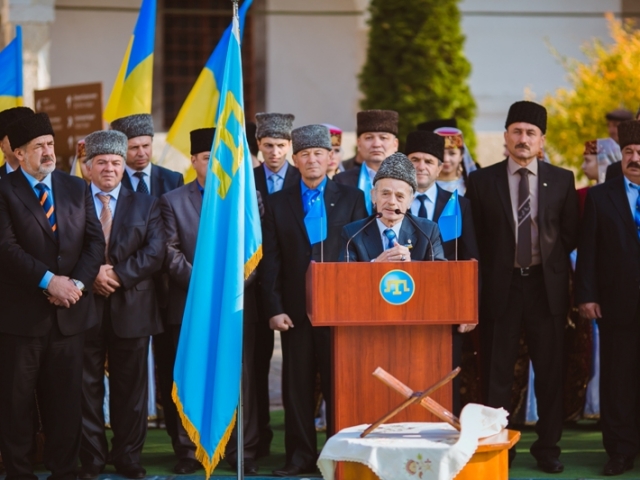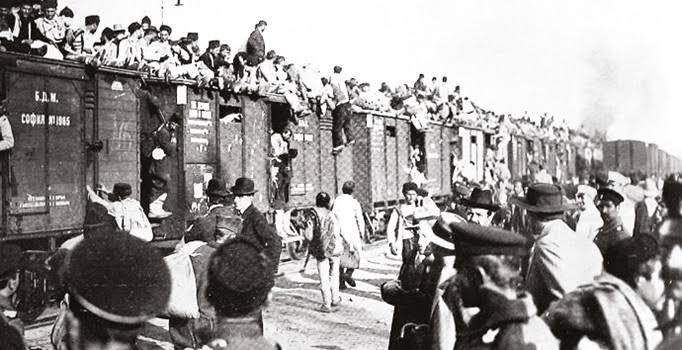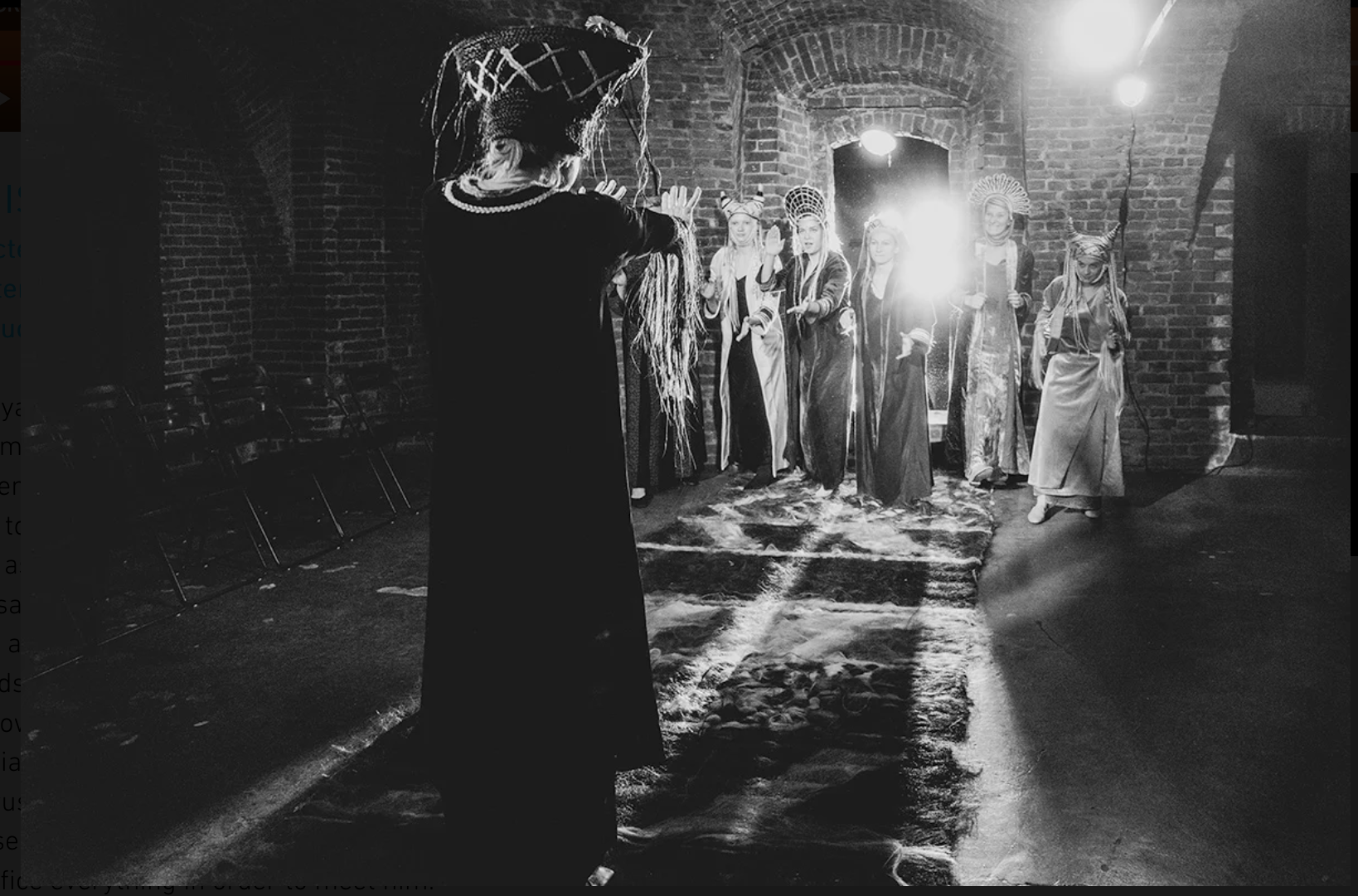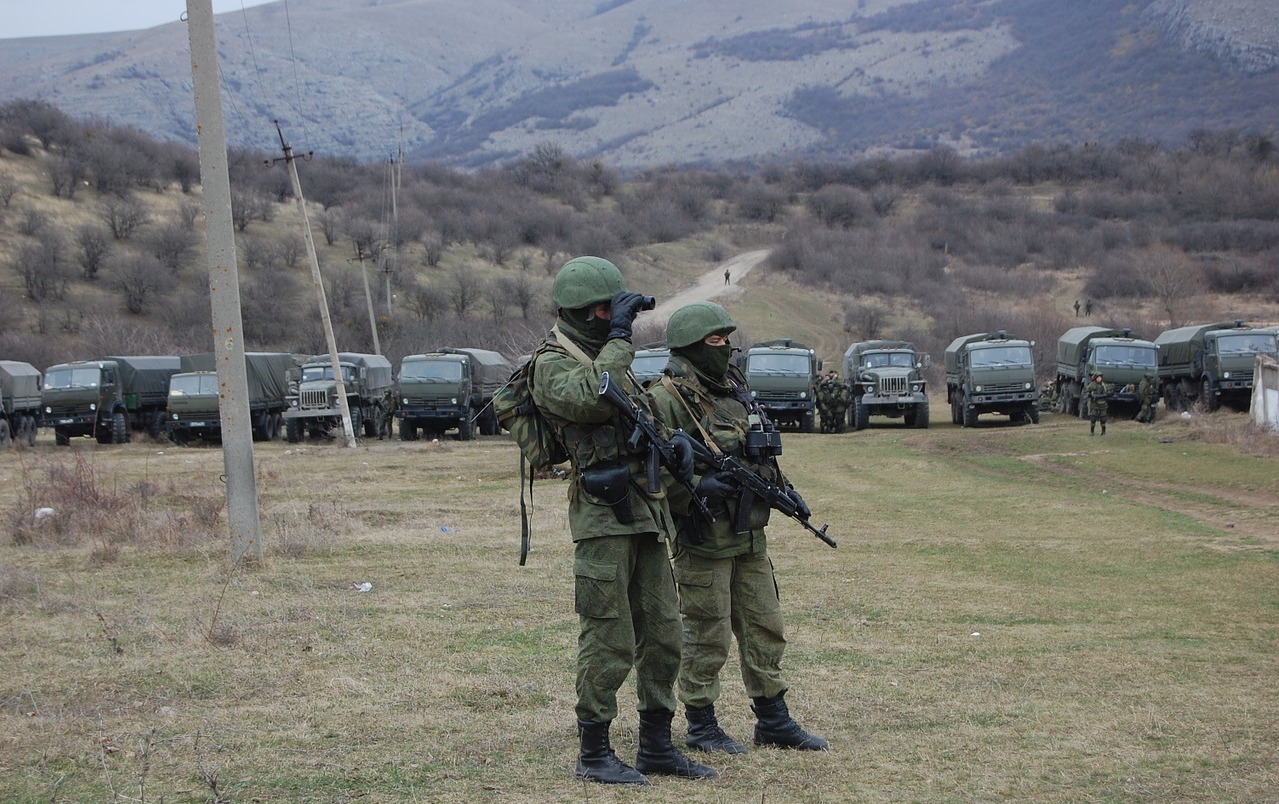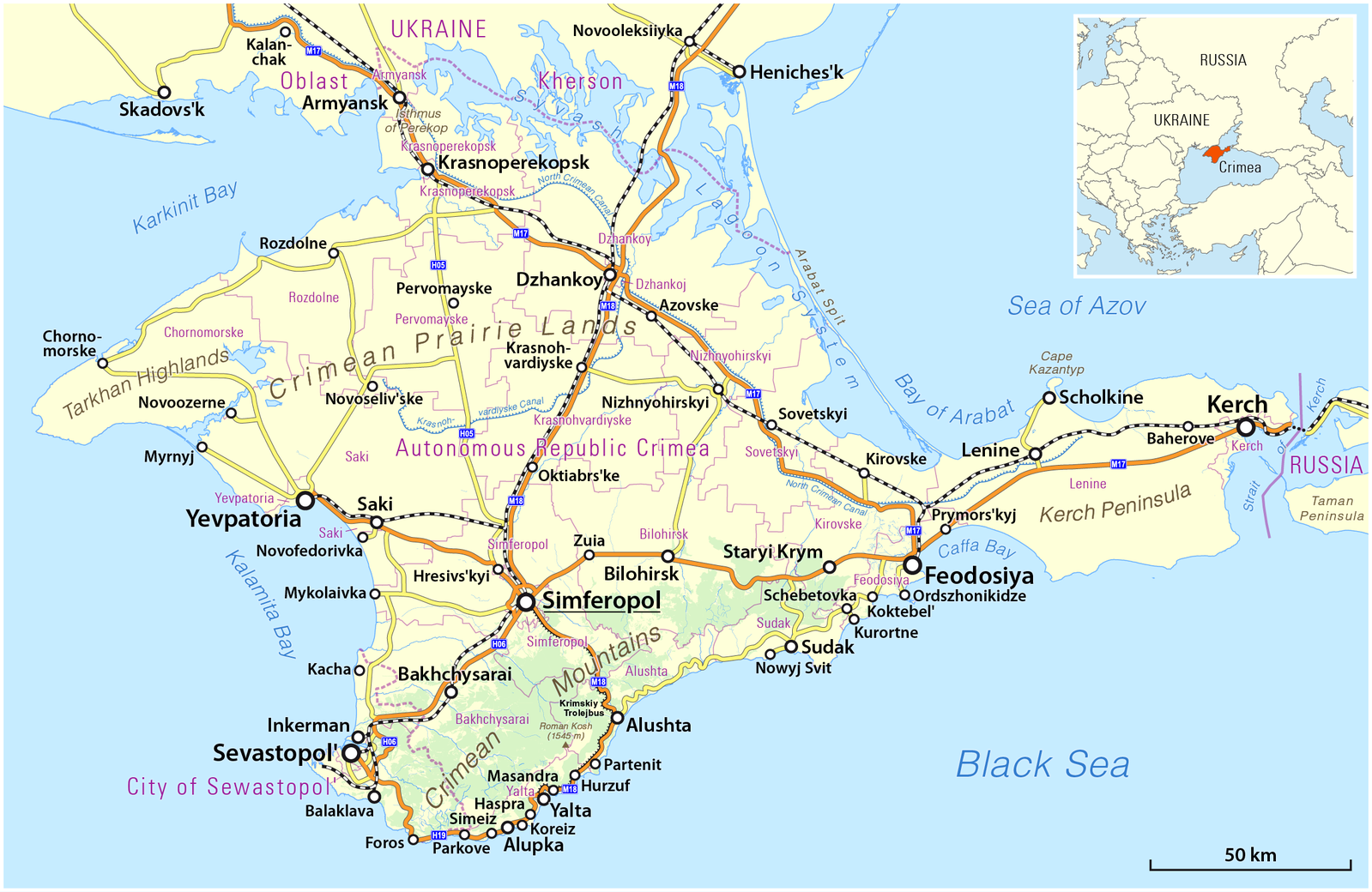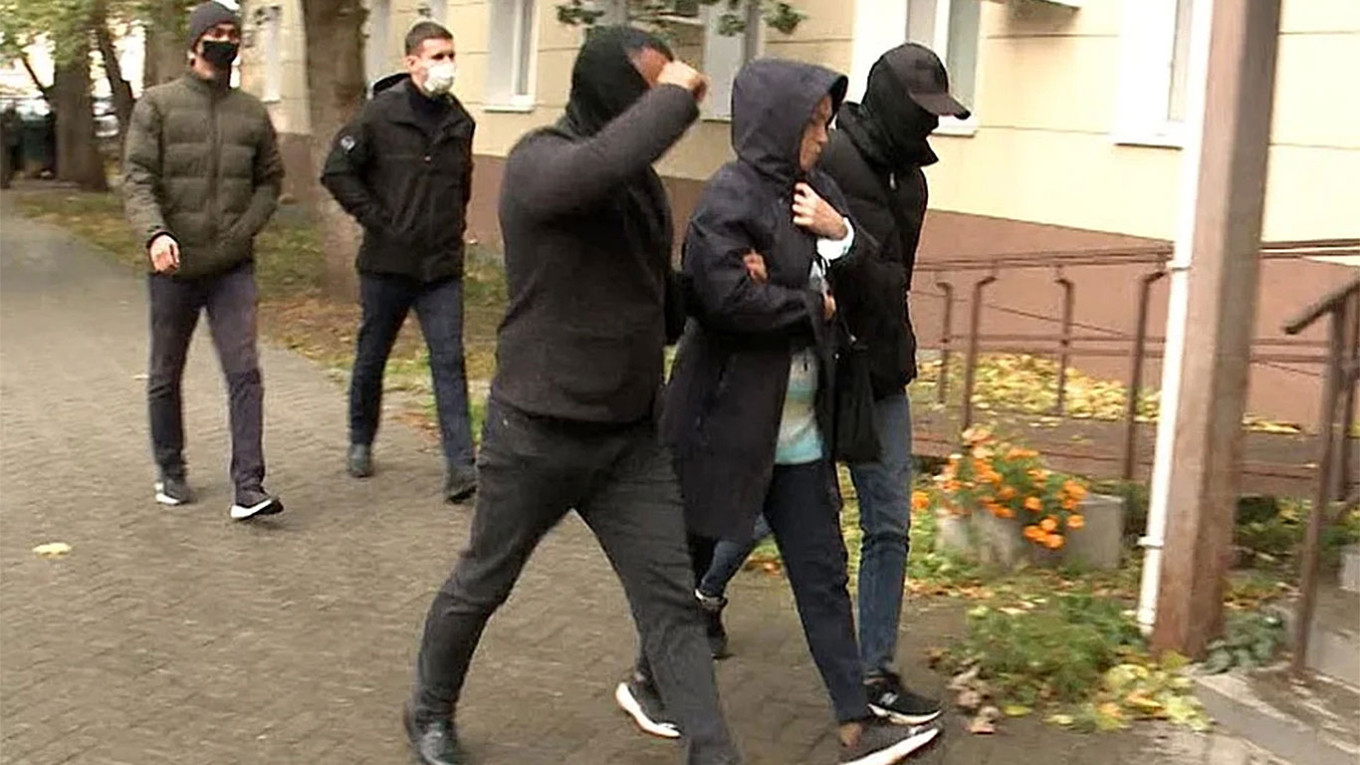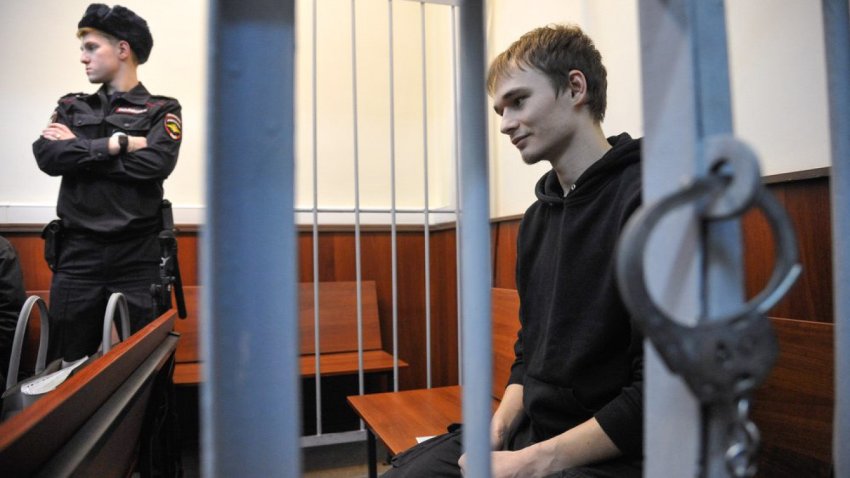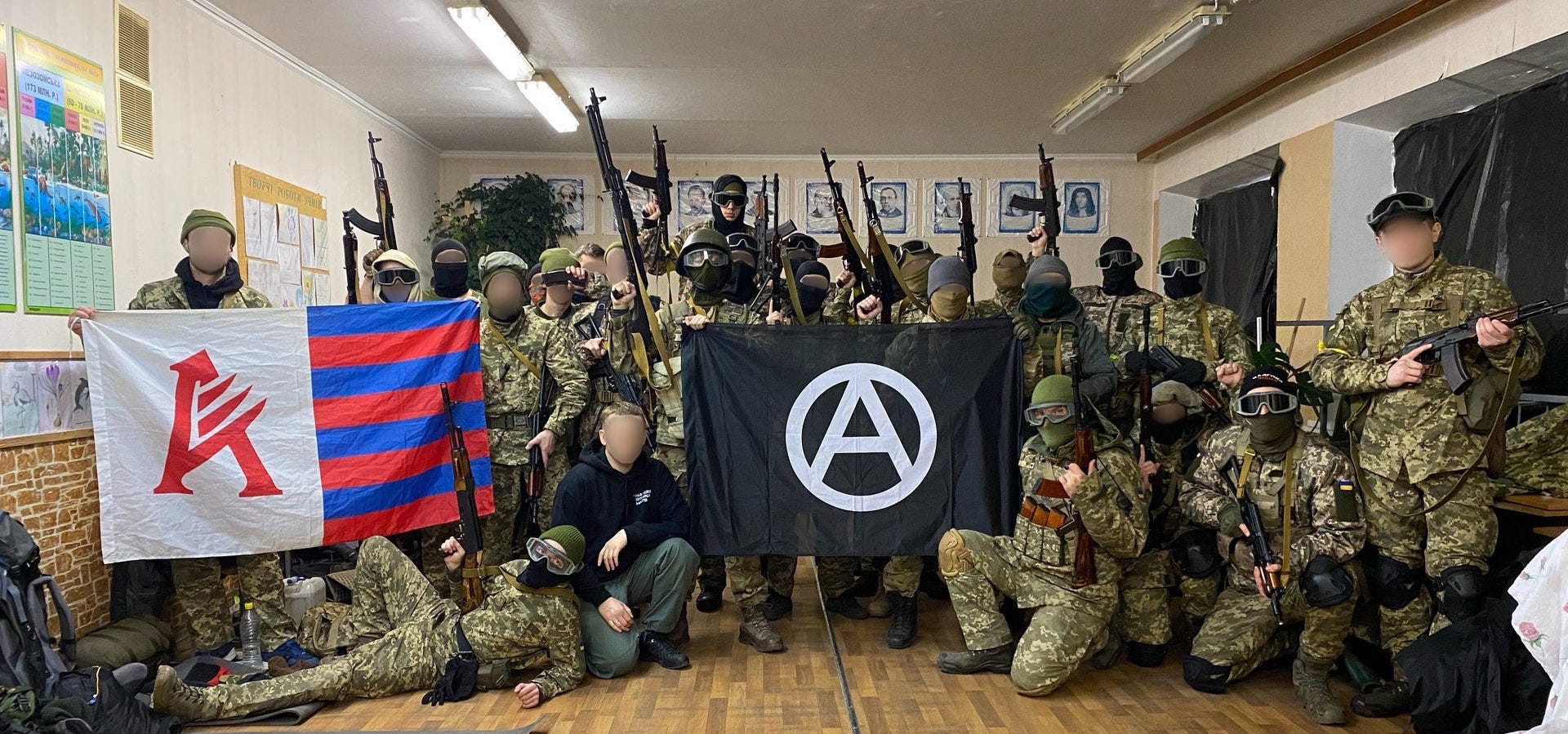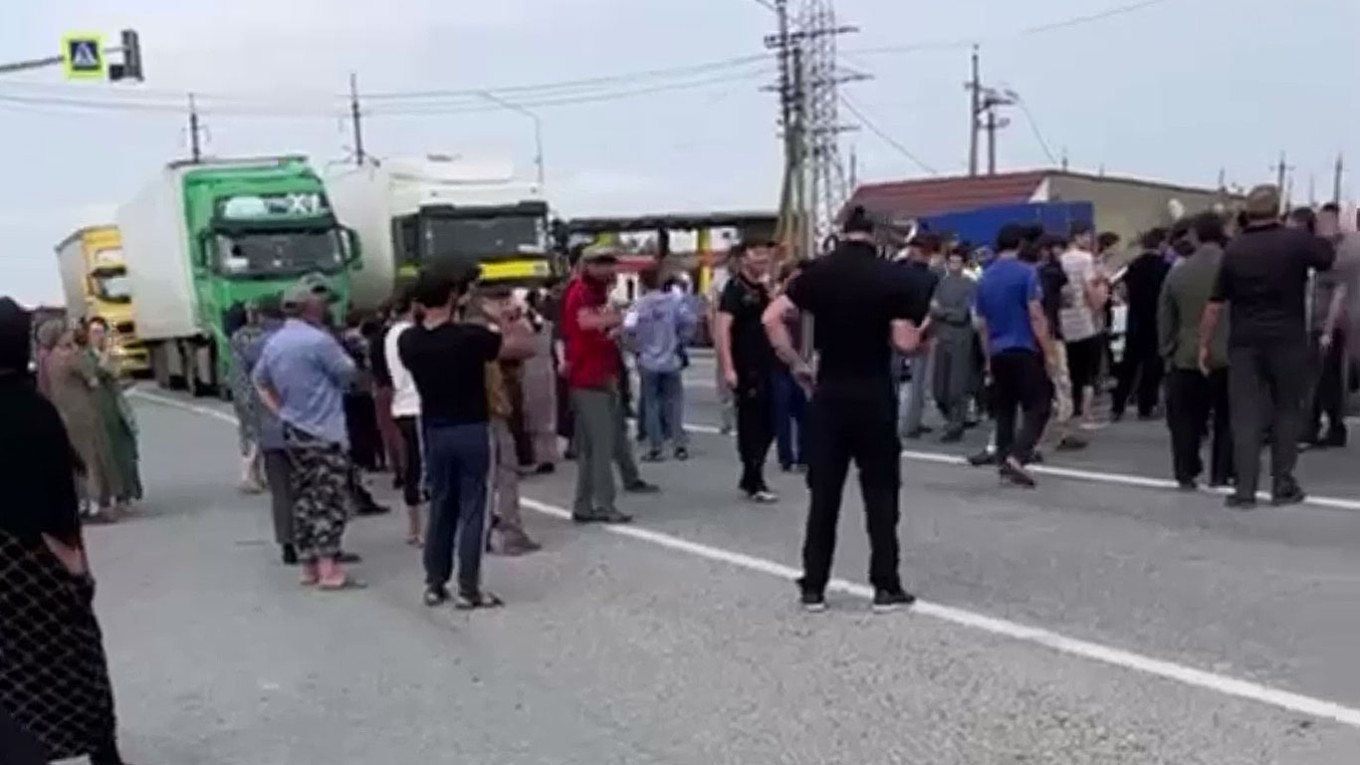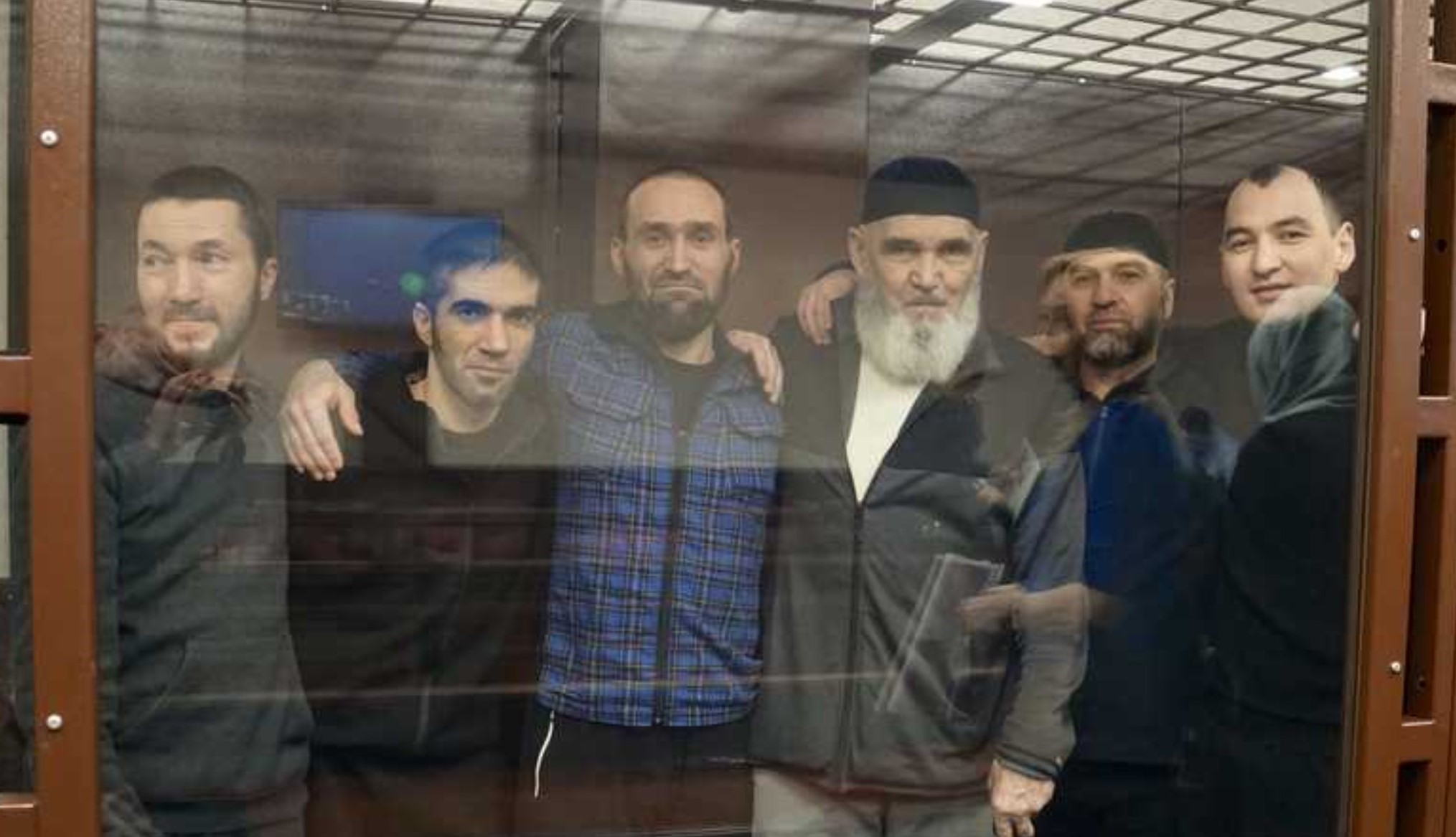
Crimean Tatar activists get prison after ‘illegal’ trial
Six Crimean Tatar men received long prison terms from a Russian court, following a trial considered “illegal” by the Ukrainian government and human rights groups. The Southern District Military Court in Rostov-on-Don handed down 14-year sentences to Khalil Mambetov, Refat Seydametov, Osman Abdurazakov, Leman Zekeriayev and Ekrem Krosh. Ayder Asanov was given 11 years. Although accused of “participation in the activities of a terrorist organization” and “preparation for the violent seizure of power” under the Russian Criminal Code, the charges concern their involvement in Hizb ut-Tahrir, a transnational Muslim civic organization that is banned in Russia but is legal in Ukraine and most countries around the world. Additionally, the nonviolent activities in question took place in Crimea, which Russia has illegally occupied and declared annexed since 2014. Kyiv, and governments around the world, recognize Crimea as part of Ukraine. (Photo: Crimean Solidarity via KHPG)



